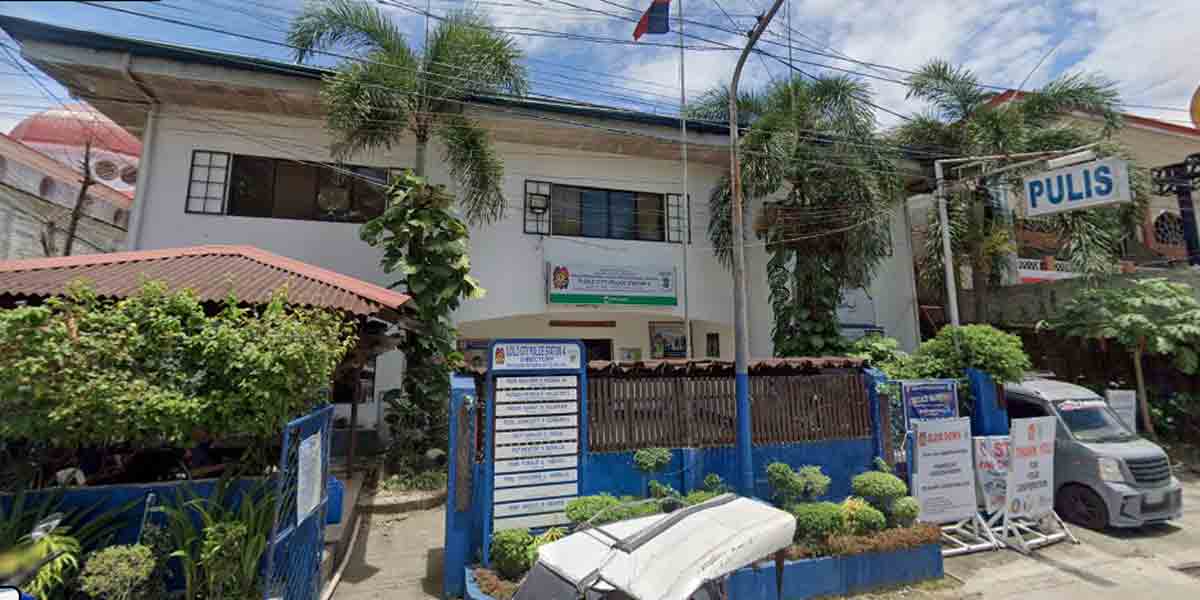
By Joseph B.A. Marzan
Iloilo Electric Cooperatives (ILECO) I, II, and III on Tuesday nixed the idea of collaborating with MORE Electric and Power Corporation (MORE Power) after the latter gained rights to operate in some of the cooperatives’ current franchise areas earlier this year.
The three ILECOs held a joint thanksgiving event for the media where they also unveiled their achievements for 2022 as well as their future plans.
One of the topics which took the bulk of the press conference was the lapsing into law of Republic Act No. 11918, which expanded MORE Power’s franchise to areas under the 2nd and 4th legislative districts of Iloilo province.
ILECO I General Manager Miguel Paguntalan said that they could not readily comment on the expanded franchise of Iloilo City’s sole power provider, as there is currently a petition for certiorari or legal review lodged against the law at the Supreme Court.
But as to whether they will work with the Enrique Razon-owned MORE Power in their franchise areas, ILECO III General Manager James Balsomo said that they were hands-off on the matter given that they are non-profit entities compared to MORE which is a private for-profit distribution utility.
“We will continue focusing on our mandate for total rural electrification, regardless of whether the area is viable or unviable. We have to fulfill our mandate, whatever it takes,” Balsomo said.
Should MORE Power enter their areas, Balsomo said he and ILECO II General Manager Jose Redmond Roquios are ready for the city power distributor’s forays.
They also chided MORE Power’s increase in rates, which was previously cheaper than that of the cooperatives, but increased in the past months due to inflation and a stronger dollar.
The rates per kilowatt hour (kWh), according to the social media feeds of each distribution utility, are as follows:
– ILECO I (as of November 26) – P12.2290/kWh for residential, and P10.6512/kWh (low-voltage) and P9.3575 (high-voltage) for commercial and industrial consumers;
– ILECO II (as of November 16) – P15.1917/kWh (residential), and P14.0266/kWh (low-voltage) and P12.4328 (high-voltage) (commercial and industrial); and
– ILECO III (as of December 10) – P13.5551/kWh (residential), and P11.9935/kWh (low-voltage) and P10.7180 (high-voltage) (commercial and industrial); and
– MORE Power (as of Nov. 2022 billing cycle) – P14.8417/kWh (residential), P13.5428/kWh (intermediate), and P14.1595/kWh (commercial).
“We are already in place in our franchise area. We are living peacefully. If they want to enter our area, well we’re not stopping them. If they are going to compete with us fairly and squarely, we are not afraid. We have to very clear on that. ILECO I, II, and III, we are not afraid to compete,” Balsomo said.
“Based on the industry standards, I could not see anything that [MORE Power] will do than any one of us, especially in rural areas. The last frontier of the battle before is on the rates, but where does the rates now stand? [We] have lower rates than them,” he added.
“There is a problem with safety and economics, because this will be the first in the world where there will be two distribution utilities in one franchise area. That will cause accidents and brownouts, [thus] public inconvenience. Whatever we invest, we have to recover. At the end of the day it’s the consumers who will suffer,” Roquios said.
“The talks is still, they want to co-exist. As [Balsomo] said, it’s not fair. The eminent domain of electric cooperatives and eminent domain of private distribution utilities are not the same. What is so special about them that they can take over our franchise? I don’t know,” Paguntalan said.
MORE Power’s franchise was originally limited to Iloilo City under RA No. 11212 signed by President Rodrigo Duterte in 2019.
Its franchise area expanded to the towns of Alimodian, Anilao, Banate, Barotac Nuevo, Dingle, Dueñas, Dumangas, Leganes, Leon, New Lucena, Pavia, San Enrique, San Miguel, Santa Barbara, and Zarraga, as well as Passi City, after RA No. 11918 lapsed into law back in July.
The law was left unsigned when it was transmitted to then-outgoing President Duterte back in July 29, but the newly installed administration of President Ferdinand Marcos Jr. left the bill untouched, and thus lapsing into law based on Section 27(1), Article VI of the 1987 Constitution.
The bill faced opposition in both Congressional chambers from members of the ‘Power Bloc’, which consisted of party-lists from the power cooperatives sector.
Upon the lapse, MORE Power President Roel Castro has expressed openness to working with the ILECOs to improve the power situation in the province.



















